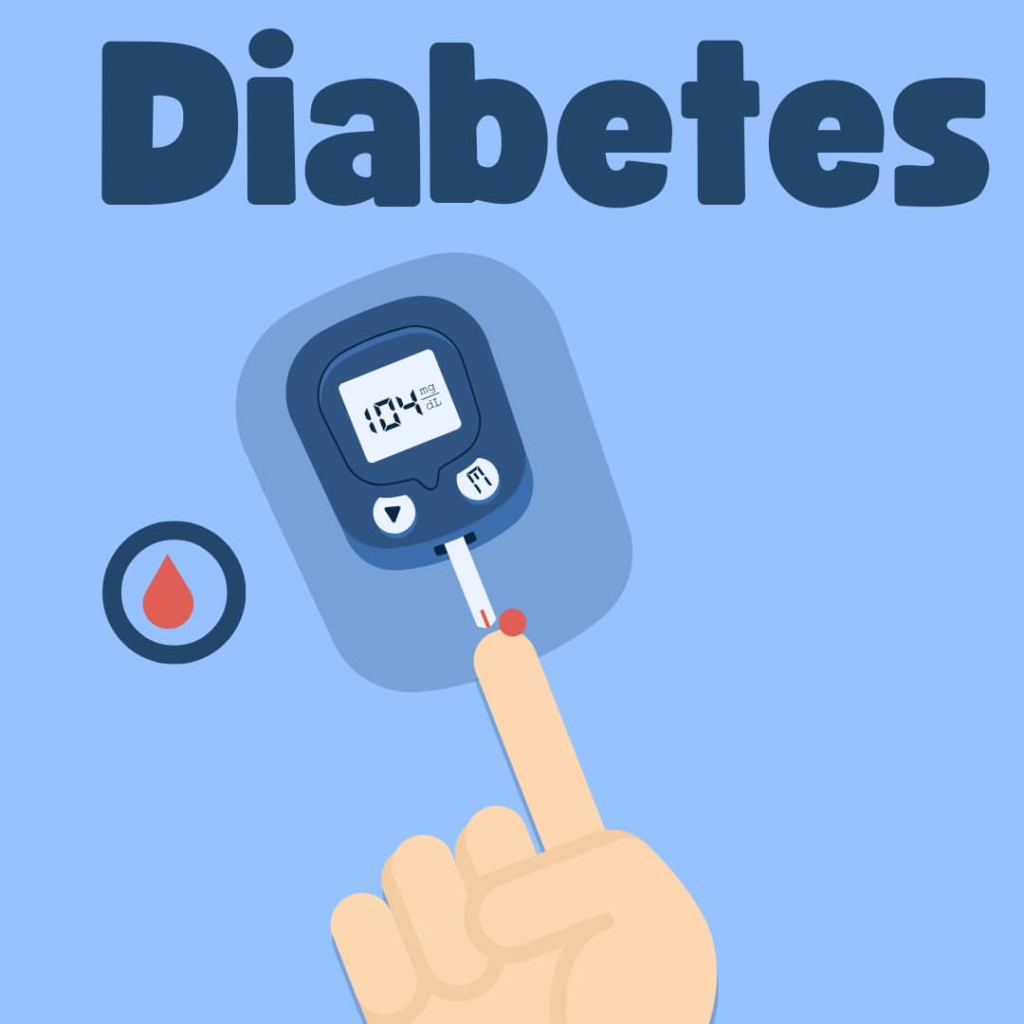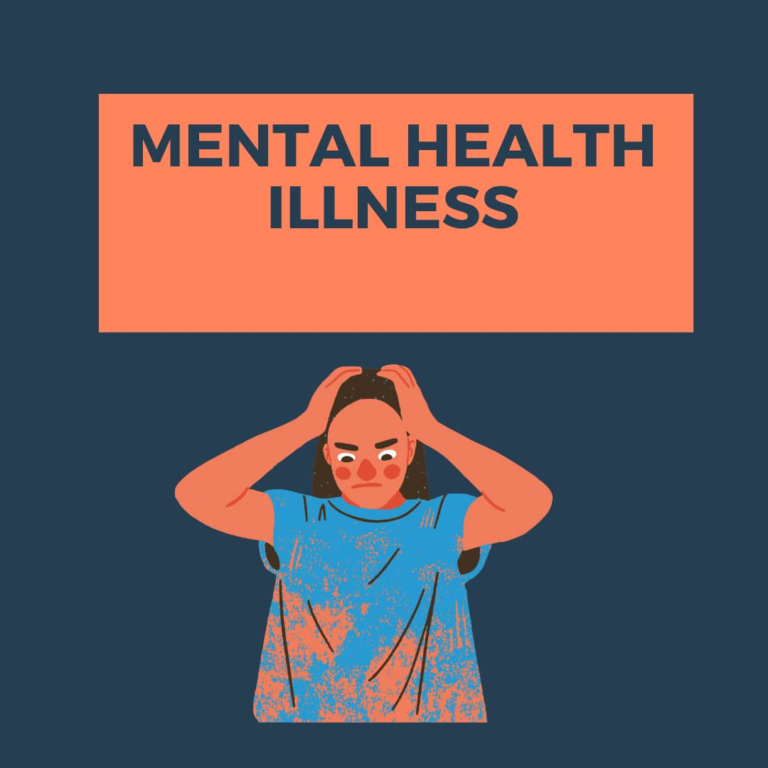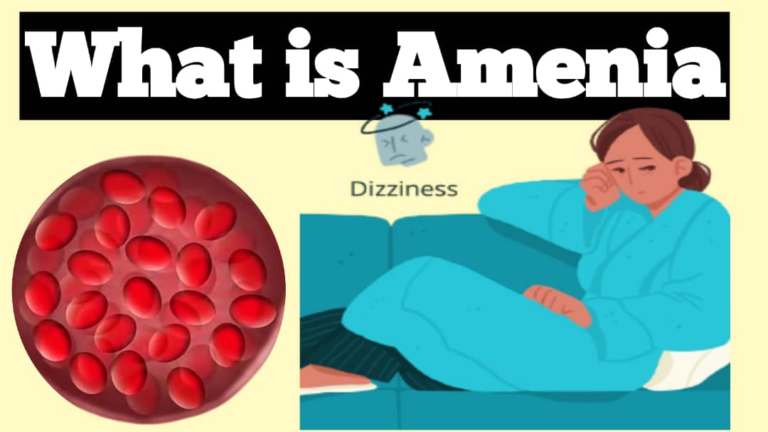WHAT IS DIABETES

Diabetes, also known as diabetes mellitus, is a chronic medical condition that affects how your body regulates blood sugar (glucose) levels. Glucose is the primary source of energy for your body’s cells, and insulin, a hormone produced by the pancreas, helps regulate glucose levels in the bloodstream.
There are three main types of diabetes:
Type 1 Diabetes: In type 1 diabetes, the body’s immune system mistakenly attacks and destroys the insulin-producing cells in the pancreas. This results in little to no insulin production. Type 1 diabetes is usually diagnosed in childhood or adolescence. Individuals with type 1 diabetes require lifelong insulin therapy to regulate their blood sugar levels.
Type 2 Diabetes: Type 2 diabetes is the most common form of diabetes, accounting for the majority of cases. It occurs when the body becomes resistant to the effects of insulin or doesn’t produce enough insulin to maintain normal blood sugar levels. Type 2 diabetes is often associated with lifestyle factors such as obesity, physical inactivity, and poor diet. It can be managed through a combination of lifestyle changes, including a healthy diet, regular exercise, weight management, and, in some cases, medication.
Gestational Diabetes: Gestational diabetes occurs during pregnancy and affects some women who have never had diabetes before. It is characterized by high blood sugar levels that develop during pregnancy. Gestational diabetes usually resolves after childbirth, but it increases the risk of developing type 2 diabetes later in life for both the mother and the child.
Common symptoms of diabetes include increased thirst, frequent urination, unexplained weight loss, increased hunger, fatigue, blurred vision, slow-healing wounds,
Diabetes is a chronic medical condition that affects how your body regulates blood glucose, commonly known as blood sugar. Glucose is a vital source of energy for your body’s cells, and insulin, a hormone produced by the pancreas, helps regulate the levels of glucose in your bloodstream.
There are three main types of diabetes:
Type 1 Diabetes: This type occurs when the immune system mistakenly attacks and destroys the insulin-producing cells in the pancreas. As a result, the body produces little to no insulin. Type 1 diabetes is typically diagnosed in childhood or adolescence, and people with this type of diabetes require lifelong insulin therapy to survive.
Type 2 Diabetes: This is the most common type of diabetes, accounting for the majority of cases. It occurs when the body becomes resistant to the effects of insulin or doesn’t produce enough insulin to maintain normal blood sugar levels. Type 2 diabetes is often associated with lifestyle factors such as obesity, sedentary lifestyle, poor diet, and genetic predisposition. Initially, lifestyle modifications such as diet and exercise, along with oral medications, may be prescribed to manage blood sugar levels. In some cases, insulin therapy may be necessary.
Gestational Diabetes: This type of diabetes occurs during pregnancy and affects some women who have never had diabetes before. Hormonal changes during pregnancy can lead to insulin resistance, resulting in high blood sugar levels. Gestational diabetes usually resolves after childbirth, but it increases the risk of developing type 2 diabetes later in life for both the mother and the child.
Common symptoms of diabetes can include:
Frequent urination
Excessive thirst
Unexplained weight loss
Increased hunger
Fatigue
Slow healing of wounds
Blurred vision
Tingling or numbness in the hands or feet
If you experience any of these symptoms, it’s important to consult a healthcare professional for proper diagnosis and treatment.
Managing diabetes involves maintaining blood sugar levels within a target range. This typically includes healthy eating, regular physical activity, monitoring blood sugar levels, taking prescribed medications (such as insulin or oral medications), and making lifestyle adjustments. Diabetes management also involves regular check-ups with healthcare professionals, including endocrinologists, dietitians, and diabetes educators, to ensure proper monitoring and adjustment of the treatment plan.
Left unmanaged, diabetes can lead to various complications, including heart disease, stroke, kidney disease, nerve damage, and eye problems. However, with proper management and lifestyle modifications, many people with diabetes lead healthy and fulfilling lives. It’s important to work closely with your healthcare team to develop a personalized diabetes management plan






